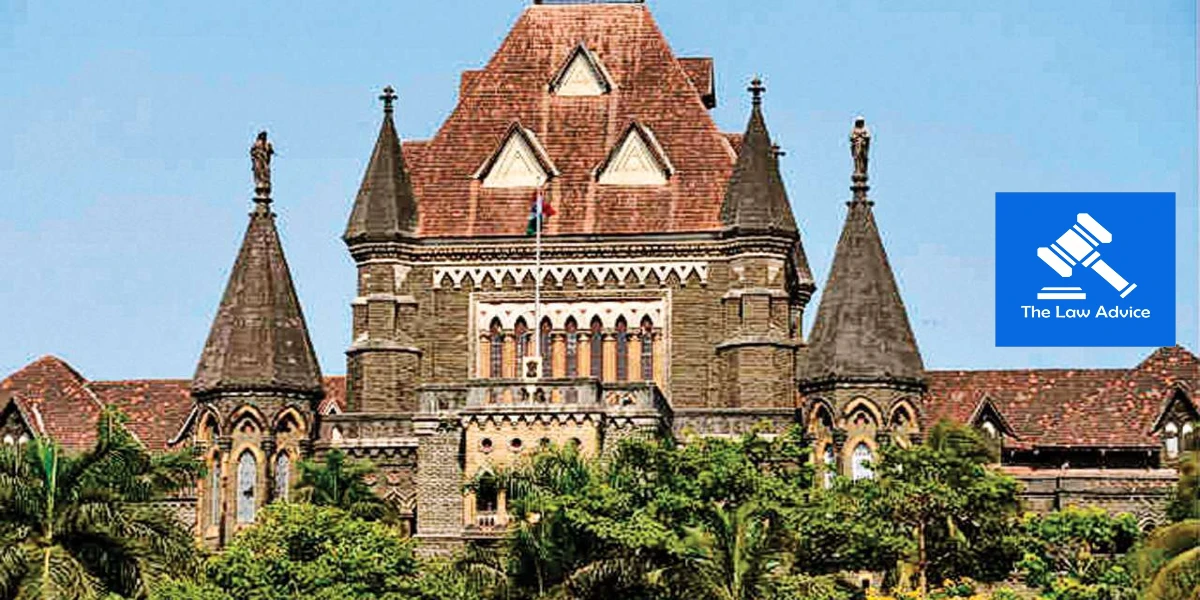
In a significant ruling addressing the clash between procedural compliance and substantive tax credit entitlements under the GST transition, the Bombay High Court has held that manual revisions to pre-GST returns cannot be rejected merely because electronic filing was unavailable.
A Division Bench of Justice M.S. Sonak and Justice Jitendra Jain quashed an order of the Deputy Commissioner, CGST Raigad, which had denied M/s. Johnson Matthey Chemicals India Pvt. Ltd. the benefit of transitional CENVAT credit worth ₹1.16 crore.
The rejection was based solely on the ground that the revised ER-1 return—submitted to correct a missed credit entry—had not been amended electronically.
The petitioner, a manufacturer of industrial catalysts, had filed its original TRAN-1 in August 2017 but failed to include three bills of entry from May and June 2017. After the Supreme Court’s directions in Union of India v. Filco Trade Centre Pvt. Ltd. led to the reopening of the GST portal, the company manually revised its ER-1 return on 23 November 2022 and submitted a revised TRAN-1 form.
However, the authorities rejected the claim, citing two reasons: (1) the ER-1 return was not revised electronically, and (2) the claim exceeded the one-year limitation period under Rule 4 of the CENVAT Credit Rules, 2004.
Rejecting both contentions, the Court noted:
“It would amount to calling upon the petitioner to do something which was not possible electronically post 1 July 2017.”
The Bench observed that the excise portal was non-functional after 1 July 2017, making electronic revision of ER-1 returns factually and legally impossible. Penalizing the petitioner for not complying with a defunct process was, therefore, unjustified.
On the limitation issue, the Court held that the petitioner had duly informed the department of the error via a letter dated 16 February 2018—well within the prescribed one-year period. The delay in formal correction was due to technical limitations, not procedural laxity.
Relying on Aberdare Technologies Pvt. Ltd. v. CBIC, the Court reaffirmed that technical lapses should not defeat substantive claims in the absence of revenue loss. It also cited the Gujarat High Court’s ruling in Jekson Vision Pvt. Ltd. v. Union of India, which emphasized that “substantive rights cannot be curtailed for mere procedural infirmities.”
Allowing the petition, the Court directed the tax authorities to accept the manually revised ER-1 return and give effect to the transition of ₹1,16,29,351 in CENVAT credit. The entire process was ordered to be completed within eight weeks.
Case Title: M/s. Johnson Matthey Chemicals India Pvt. Ltd. v. Union of India & Ors.
Case No.: Writ Petition No. 15536 of 2023
Coram: Justice M.S. Sonak and Justice Jitendra Jain
For Petitioner: Advs. Priyanka Rathi, Prasad Avhad, and Kuldeep U. Nikam
For Respondents: Advs. Neeta Masurkar and Harshad Shingnapurkar
Website designed, developed and maintained by webexy